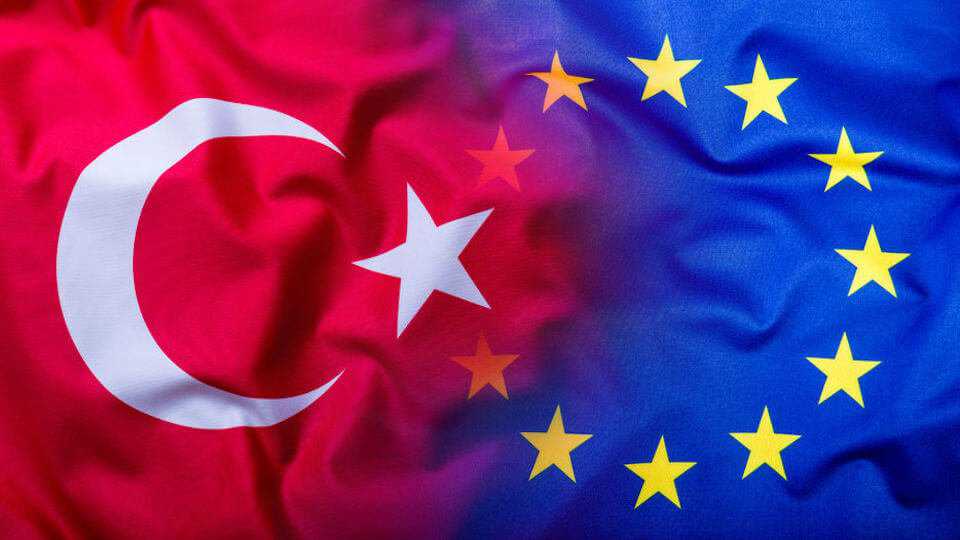Turkish business persons are able to switch to an Ankara Agreement visa from any other immigration category and must meet the 1973 business requirements, which are far less stringent than the UK Immigration Rules’ requirements for other non-EU entrepreneurs.
Under the Tier 1 (Entrepreneur) route, non-EU Entrepreneurs with access to £200,000 funds to invest in a UK business can qualify to live and work in the UK with their dependent family members. Such Entrepreneurs must meet an English Language requirement, and their funds must be available and held in a regulated financial institution and be freely transferable to the UK. (There are also other categories of Tier 1 (Entrepreneur), but these are not considered in this post).
Ankara business visa
An Ankara business application requires a genuine intention to set up and run a business in the UK, the applicant not to be in breach of Immigration law and for there not to be reasons for refusal based on bad character.
The 1973 business rules apply, and require an applicant to show that:
- they will devote sufficient funds or assets to invest in the business in proportion to their interest in the business;
- the funds or assets are their own;
- they will bear their share of the liabilities which the business may incur;
- their part in the business does not amount to disguised employment;
- their share of the profits of the business is enough to support themselves and any dependants, without recourse to employment or public funds.
There is no minimum level of investment, though Applicants must show that the majority of funds to be invested are their own and that they are sufficient to run their share of the business. There is no formal requirement in the 1973 business rules for applicants to provide a business plan, though it is highly advisable to include one. In fact, there are no specified documents in the 1973 rules.
Evidence of personal expenditure should be provided, and applications to extend where insufficient profit has been generated to maintain and accommodate applicants and their dependants will be refused.
Extensions
After being granted an initial 12 months leave in this category, further leave to remain can be applied for to continue operating the business, and will normally be granted for three years, or for the shorter period of 12 months if there are doubts about the ongoing viability of the business.
Granting an extension for a further 12 months
Relevant circumstances can include:
- If the business is established but has experienced difficulties during the initial 12 months of operating and its ongoing success is still to be proven;
- If the business is producing losses or only marginal profits while it is being set up;
- If the applicant is unable to provide business accounts but only submits bank statements instead.
Settlement
Turkish nationals who have completed at least four years lawfully in the UK as a businessperson are entitled to apply for ‘indefinite leave to remain’, or settlement within the UK.

